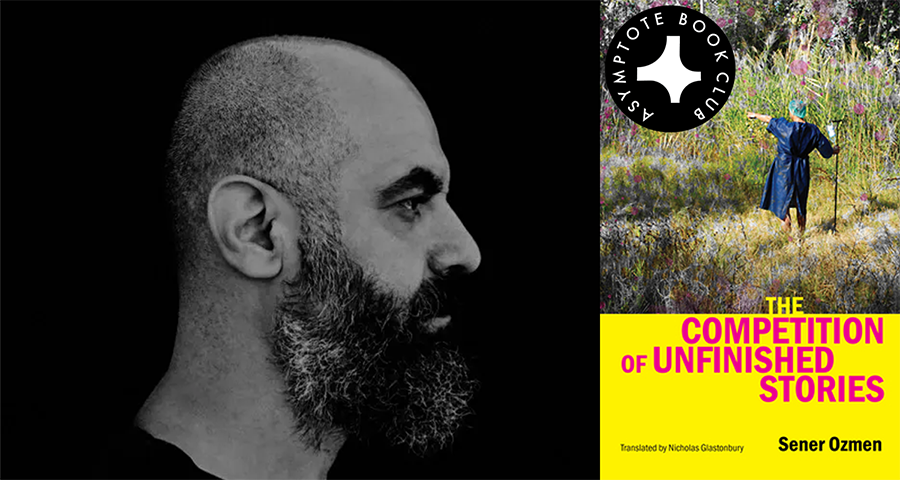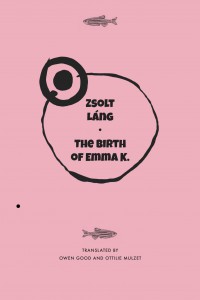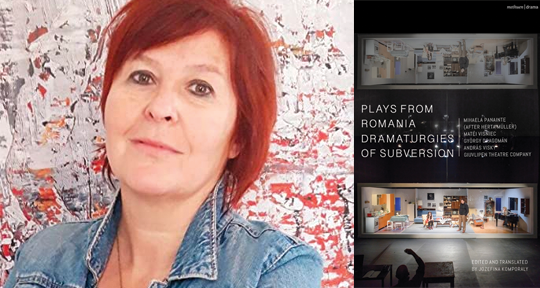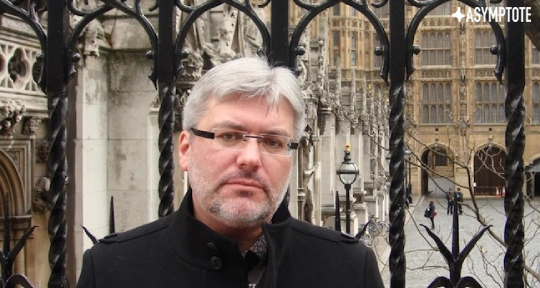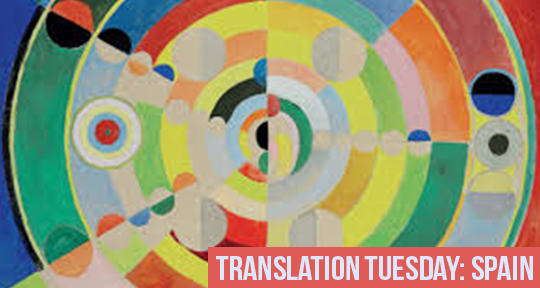Dizzying, furious, scathing, and absurdist—artist and writer Sener Ozemen’s The Competition of Unfinished Stories is a testament to an identity, region, and language under siege. The novel, with its many layered narratives, confronts the Turkish state’s enduring violence against its Kurdish minority, illustrating the psychic and physical fractures of oppression with intellectual complexity and emotional clarity. In attempting to disentangle the knot of selfhood from a merciless assimilating power and a growingly fragmentary everyday existence, Ozmen builds the architecture of fiction to its most veering heights, capturing all the threads of reality’s illusions, and thus resulting in one of contemporary fiction’s most vivid portraits of psychological dissolution—that which still never turns away from the need to express its truths.
The Asymptote Book Club aspires to bring the best in translated fiction every month to readers around the world. You can sign up to receive next month’s selection on our website for as little as USD20 per book; once you’re a member, join our Facebook group for exclusive book club discussions and receive invitations to our members-only Zoom interviews with the author or the translator of each title.
The Competition of Unfinished Stories by Sener Ozmen, translated from the Kurdish by Nicholas Glastonbury, Sandorf Passage, 2025
In her book Immemorial, Lauren Markham notes that “the feeling of grieving something that isn’t yet gone, and whose disappearance isn’t fully certain . . . is an eerie, off-putting one.” This liminality and its disquieting effect are what animates Sener Ozmen’s The Competition of Unfinished Stories, deftly translated by Nicholas Glastonbury. This is not only the author’s debut in the Anglosphere, but one of the first works written in Kurdish’s northern Kurmancî dialect to receive an English translation.
Ozmen is a prolific Kurdish writer and multimedia visual artist, the author of numerous books of poetry, novels and short stories, criticism, and artist books. Across his written oeuvre and artistic practice, he has drawn attention to both the urgency and difficulty of speaking from a position of marginalization; The Competition of Unfinished Stories, originally published in Kurmancî as Pêşbaziya Çîrokên Neqediyayî in 2010 and translated into Turkish as Kifayetsiz Hikâyeler Müsabakası in 2015, follows in this spirit. The novel dramatizes—in a challenging and disorienting way—that the stories one tells are always co-authored and situated, demonstrating the interrelatedness and imbrication of the self. As Judith Butler observes in Giving an Account of Oneself, “When the ‘I’ seeks to give an account of itself, an account that must include the conditions of its own emergence, it must, as a matter of necessity, become a social theorist.” READ MORE…

